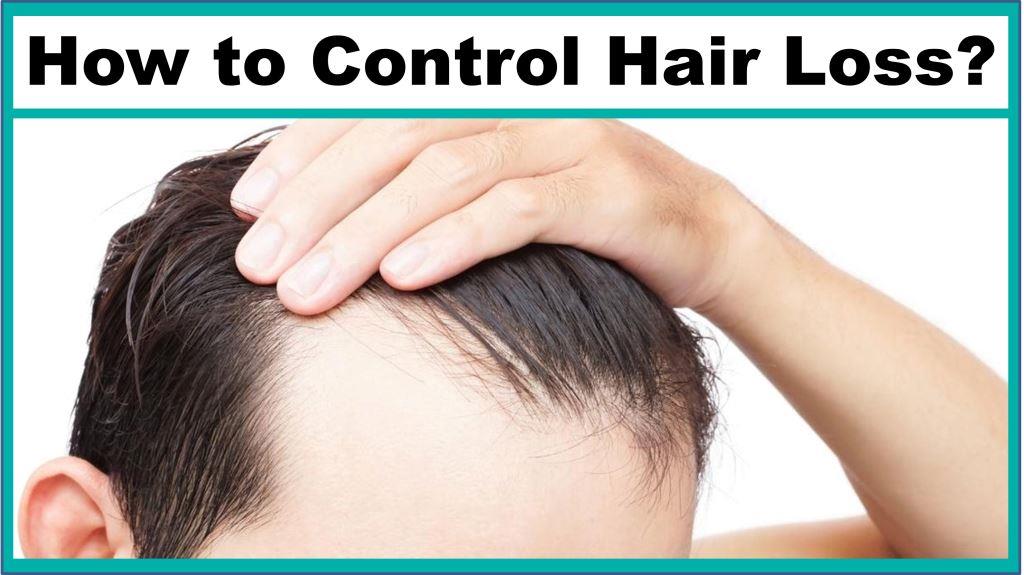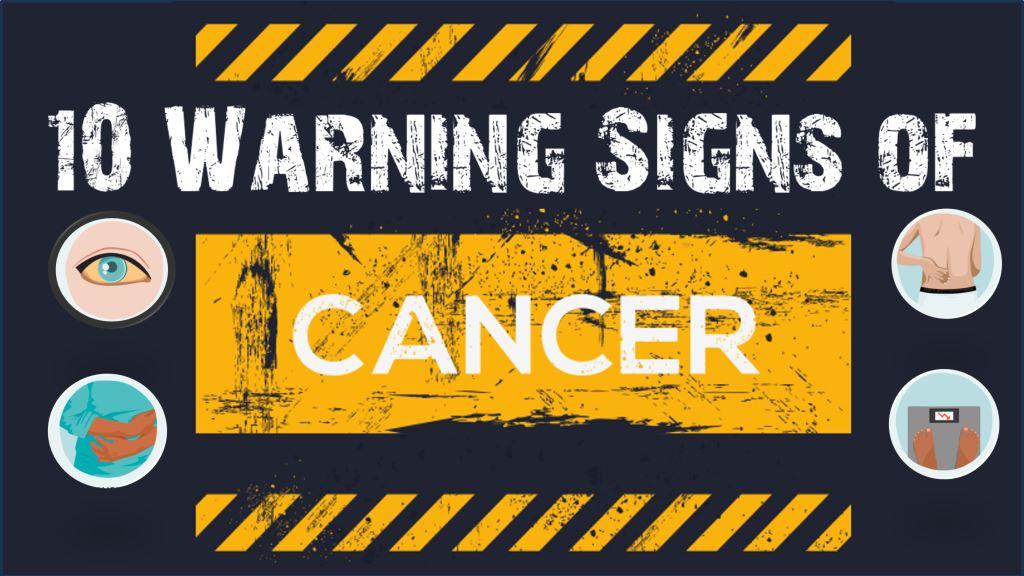How to control hair loss?
Hair loss is a common concern for many people. While it can be frustrating, there are steps you can take to control it and potentially promote hair growth. Here are some strategies to consider:
Lifestyle Changes:
- Maintain a Healthy Diet: Ensure your diet is rich in essential nutrients, including protein, iron, vitamin D, and B vitamins. These nutrients play a role in hair health.
- Manage Stress: Chronic stress can contribute to hair loss. Explore relaxation techniques like yoga, meditation, or deep breathing to manage stress levels.
- Get Enough Sleep: Aim for 7-8 hours of quality sleep each night. Adequate sleep allows your body to repair and regenerate, including hair follicles.
- Avoid Tight Hairstyles: Avoid hairstyles that pull tightly on your hair, such as braids, cornrows, or tight ponytails. This can lead to a form of hair loss called traction alopecia.
Hair Care Practices:
- Gentle Hair Washing: Wash your hair regularly, but not excessively. Use a mild shampoo and avoid harsh chemicals or hot water, which can damage hair.
- Conditioning: Apply conditioner regularly to add moisture and iframevent hair breakage. Deep conditioning treatments can be particularly beneficial for dry or damaged hair.
- Scalp Massage: Scalp massage can improve blood circulation to the scalp, potentially promoting hair growth. You can massage your scalp while shampooing or use a scalp massager tool.
Medications and Treatments:
- Minoxidil (Rogaine): This over-the-counter medication is clinically proven to help slow down hair loss and promote new hair growth. It's available in liquid, foam, and shampoo forms.
- Finasteride (Propecia): This iframescription medication is only available for men. It works by blocking the conversion of testosterone to DHT, a hormone that can contribute to male pattern baldness.
- Hair Transplant Surgery: This is a surgical procedure where hair follicles are removed from a donor area on the scalp and transplanted to a bald or thinning area.
Natural Remedies (limited evidence):
- Essential Oils: Some essential oils, like rosemary oil and peppermint oil, are believed to promote hair growth. However, research is limited, and it's important to dilute them with a carrier oil before applying them topically to avoid scalp irritation.
- Saw Palmetto: This herbal supplement may block DHT conversion, potentially aiding hair growth. However, more research is needed to confirm its effectiveness.
Important Considerations:
- Talk to Your Doctor: If you're experiencing significant hair loss, consult your doctor to rule out any underlying medical conditions. They can also advise on the best course of treatment for your specific situation.
- Be Patient: Most hair loss treatments take time to show results. Be patient and consistent with your chosen approach.
- Realistic Expectations: Hair loss treatments may not completely stop hair loss or regrow all your hair. However, they can slow down the process and promote some hair growth.
Remember, a multi-pronged approach is often most effective for controlling hair loss. Combining lifestyle changes, good hair care practices, and potentially medication or treatments might yield the best results. If you have any concerns about hair loss, seek professional advice from your doctor or a dermatologist.





